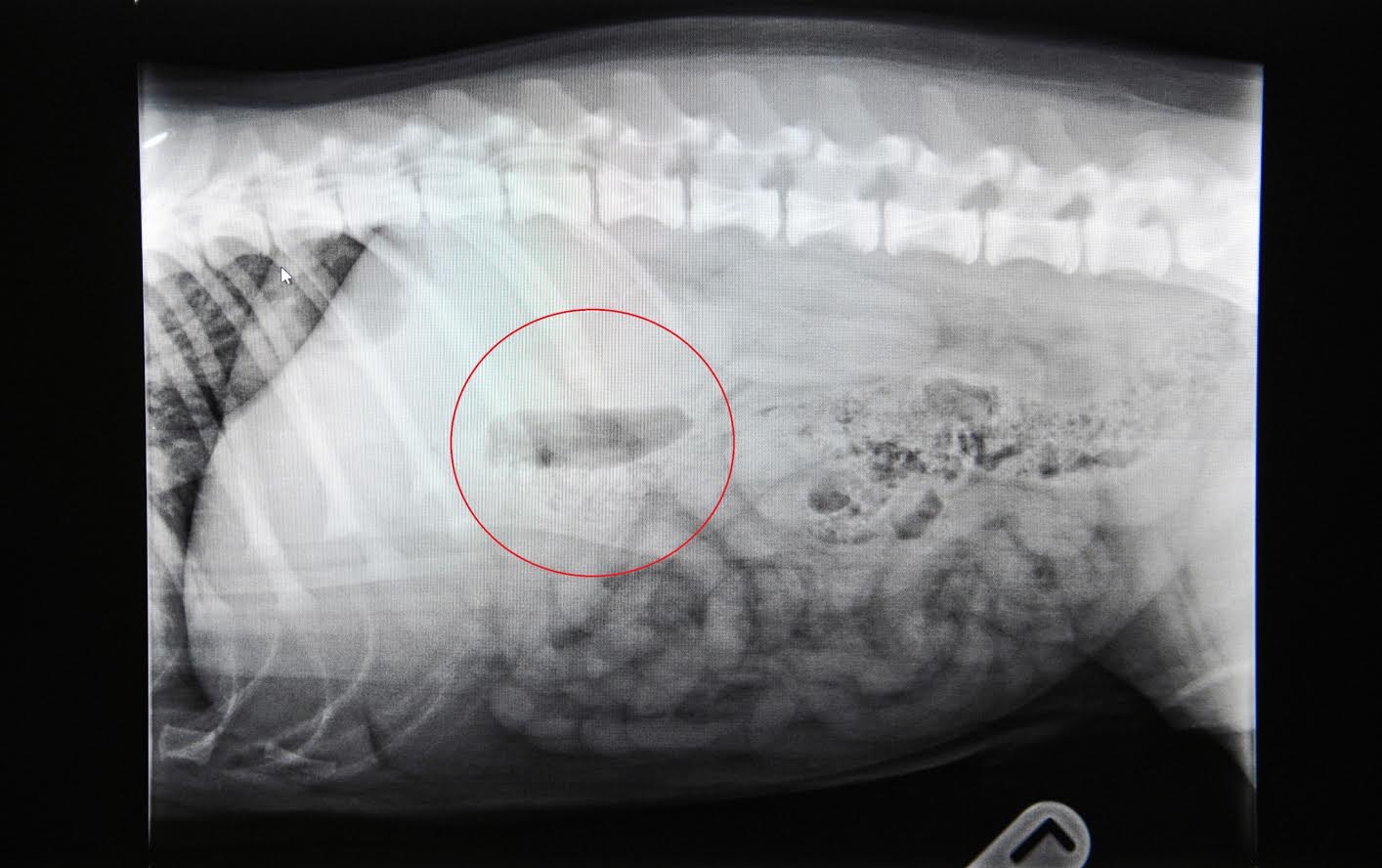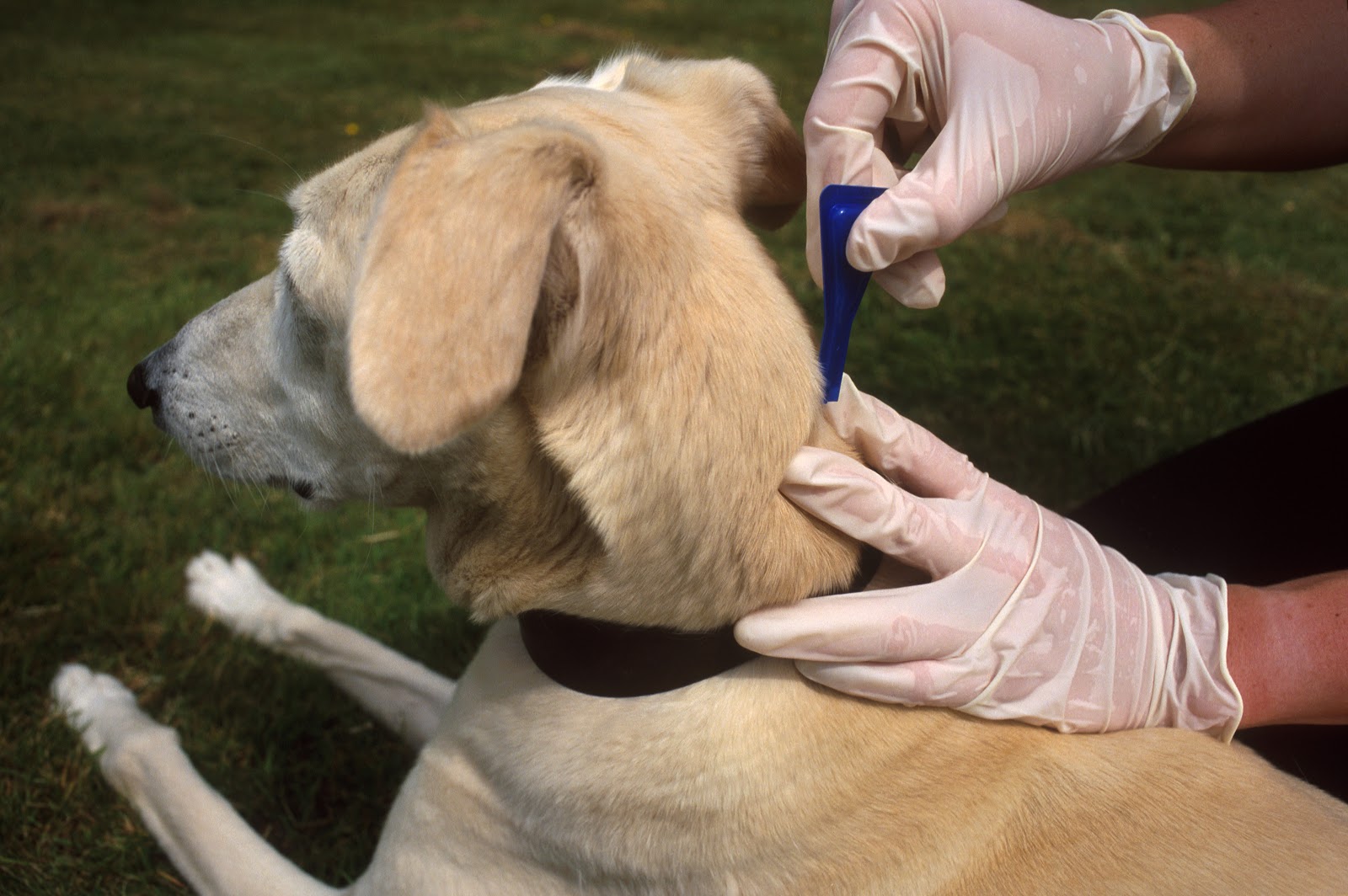Every year, veterinarians brace for a disease that has plagued our pets for decades. However this disease is easily avoidable by using inexpensive and safe medications. Cases of Heartworms both in dogs and cats continue to grow and also the fee for treatment of (if discovered early enough) is usually much larger that the cost to prevent. Consequently, how will you offer protection to family pet from the dangerous consequences of this now widespread parasite?
Flash back to 150 years ago when a scientist first discovered the heartworm parasite in a dog. Then the parasite evolved and was then found inside our cats 80 years ago. With heartworm prevention available for both cats and dogs you would think that we would see a decrease in the volume of cases, yet each year thousands and thousands of dogs and cats are diagnosed and often perish too soon from this dreaded parasite. Several experts approximate that in North America alone, cases of heartworms in our pets could actually be in the millions.
The disease attributable to this heartworm living within your pet’s heart is devastating. Your furry friend can be infected by the single bite of just one single mosquito. The worm can then migrate through your pet’s entire body ultimately taking up residence in your pet’s heart chamber and the blood vessels leading to the lungs. This results in your pet’s heart needing to pump harder to circulate the blood through his tiny body. The effects to the lungs is even more severe with many pets gasping for breath because the lungs fill with fluid and tiny blood clots clog the vessels. Early clues can consist of coughing and exercise intolerance that some owners just attribute to the dog getting lazy. Commonly, signs do not surface until the disease is well advanced and the dog is fighting with heart failure, fluid accumulation in the lungs and abdomen that may ultimately lead to death.
In cats, it only takes one heartworm to trigger harm. The first signs are asthma like symptoms and in some cases vomiting that the owners will attribute to hairballs. Once that heartworm lodges in the lungs, it can lead to a sudden death of the cat.
Treatment for heartworms is expensive starting from $500 for the smaller sized dogs, to well over $1500 for the larger breeds. Complicated heartworm disease with cardiac failure is much more expensive and sometimes there is only a 10{d4f4ff813a06e2c77cbb9c6effe011ebffe2f8986e44983e90e08c54deb62f63} chance of recovery in the severely affected pets. As of yet, there is no remedy for cat heartworm disease, just supportive care.
Incredibly, veterinarians do have a remedy for this problem. Safe, effective heartworm preventatives are available in a number of simple to use applications. What is even more incredible is that the expense of a lifetime of prevention for most pets is significantly less that a one-time treatment for the disease. So, why do pets continue to suffer and die from such a preventable malady?
As with all web-based myths, two major hypotheses suggest that either the heartworm medications are failing or that the parasites are developing a resistance to the medicines. While conspiracy theorists love these types of ideas, scientific evidence for either explanation is lacking. Heartworm preventives have a failure rate of less than 1 in 1 million doses. Also, the complex life cycle of the heartworm does not lend itself to developing a natural resistance to the medications. The truth perhaps lies in the memory of the owner to administer the dose in a timely manner and the global temperature.
Increasing temperatures in our climate has triggered a lengthier mosquito season and a bigger likelihood of transmission to our pets. Here in Houston, our mosquito season is all year round. Some regions are now seeing significantly more mosquitoes in formerly mosquito-free places. Irrigation of dry areas and increased plantings of trees in certain areas can actually increase mosquito population. With a more substantial number of mosquitoes, there is a bigger chance of transmission of heartworm disease.
Once all of the facts are analyzed, the simplest reason behind our failure to manage this fatal parasite rests on the humans themselves. We simply do not supply the preventive as we must. It could be attributable to forgetfulness, or possibly one husband or wife believed the other one gave it or maybe it may be because of the economic conditions plus the financial limitations imposed on the household. Regardless of the rationale might be, it can trigger dire consequences for the health of our pets.
Luckily, as pet owners, you do have powerful allies to help combat the war against heartworms. With the aid of your veterinarian, you can select the ideal heartworm medication for your pet and your finances. Oral prescription drugs, like Heartgard, Sentinel, and Iverhart can be purchased. There are also topical medications for instance Advantage-Multi and Revolution that are formulated to also provide protection to your pet from both heartworms and fleas. Proheart 6 is additionally available as a long-lasting injection. The prevention of this disease rests solely on the pet’s owners to make certain the pet gets the prevention prior to the pet is actually exposed to the parasite. That means that this prevention must get started in puppy-hood and be provided monthly, throughout the year.
Don’t spend your time searching for “natural” or organic solutions to defend against heartworms; they quite frankly do not exist. Many people believe they can formulate ivermectin to give to their pets, but incorrect dilution and storage can lead to overdosing or underdosing. Abide by recommendations by your veterinarian and the American Heartworm Society (www.heartwormsociety.org) Your pet is relying on you and prevention is more effective and cheaper than the treatment.
Enter your email and never miss out on receiving our best articles:








